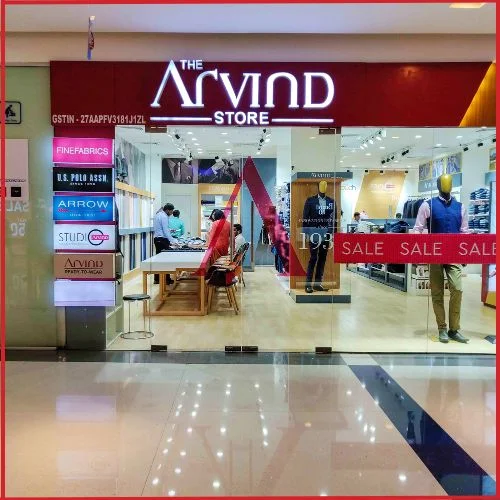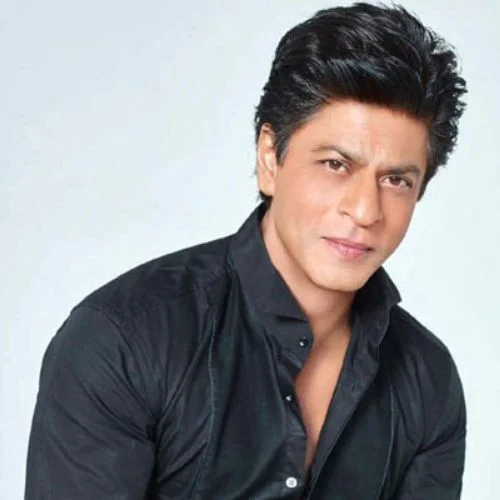India is making every effort to welcome Elon Musk’s Tesla into the nation, with government agencies striving to provide all necessary licences by January 2024.
According to persons with knowledge of the situation, the Prime Minister’s Office met with senior officials on Monday to discuss the next stage of EV production in the nation, including Tesla‘s proposed investment.
“Though the agenda of the meeting was centred on general policy matters, fast-tracking approvals by January 2024 to Tesla’s proposed investment in the country was spelt out,” a senior government official stated.
Following Prime Minister Narendra Modi’s state visit to the US in June, Tesla CEO Elon Musk met with the Prime Minister. Since then, the ministries of commerce and industry, heavy industry, electronics, and IT have been discussing the ambitions of the electric carmaker. Notably, US President Joe Biden has been asked by India to attend the Republic Day celebrations on January 26 as the chief guest.
The government and senior Tesla executives have discussed plans to establish car and battery production plants in India. The manufacturer of EVs has shown a desire to introduce its supply chain ecosystem to India.
“Ministries and government departments have been asked to iron out any differences with Tesla and pave the way for announcing the company’s India manufacturing plan at the earliest,” an additional official stated.
Tesla has previously requested a 40% import fee on fully completed electric cars, as opposed to the existing 60% rate that applies to automobiles under $40,000 and 100% on cars retailing for more than that amount.
India’s system of customs taxes levies hefty fees to promote domestic manufacture without making a distinction between cars that run on hydrocarbons and electric vehicles. The company prefers that people view their cars as electric vehicles rather than high-end automobiles.
Tesla and the Indian government have been at odds over the hefty tariff since the US-based electric vehicle manufacturer wants to sell some cars in India before establishing a production facility.
Asserting that this incentive will not be “just for Tesla but for anyone committing to set up electric vehicle manufacturing units,” the first official cited suggested that “a new category may be introduced in the import policy to ensure that clean energy driven vehicles are taxed lower.”
After discussions over lowering import duties failed to move forward, Tesla abandoned its earlier plans to go to India. Instead of granting any reduction in import duties, New Delhi had demanded a pledge to support domestic industry.
In addition, the government requested that the business apply for the production-linked incentive program, which provides manufacturers with direct subsidies rather than requesting reductions in customs duties.















